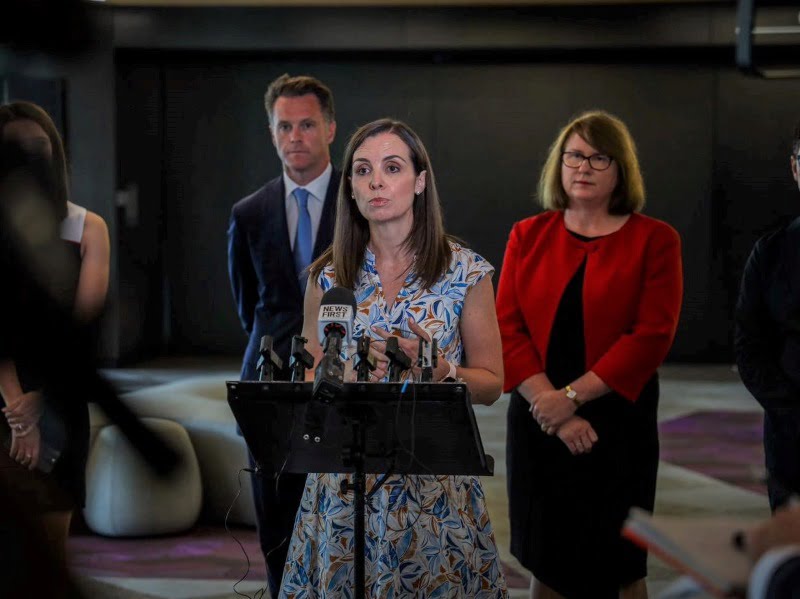The Minns government will define what constitutes “core public sector work” and require agencies to do it in-house wherever possible as part of its response to an explosion in the use of private consultants.
A new concierge service for agencies will be established to help source in-house support from a “Specialist Capability Network”, while procurement and conflict of interest policies will also be tightened.
The government is also mulling a new six month cooling off period for senior officials joining consultancies but has rejected several recommendations like naming and shaming the bad actors and setting red lines for conflicts of interest.
It comes after damning reviews of the state’s $1 billion consultancy splurge, which saw agencies breaking procurement rules while engaging consultants at a rate of one every hour for five years under Coalition governments, despite being more expensive than public servants.

The new measures are laid out in a government response to an inquiry into its use and management of consulting services, which made 28 recommendations in May after holding 10 days of public hearings where it heard from over 90 witnesses.
The inquiry found the soaring use of consultants is “stoking a destructive and self-perpetuating downward spiral of a public sector”.
Committee chair and Greens NSW MP Abigail Boyd said the inquiry had shown “greedy” consulting firms had seized on weak policies and public service caps to take advantage of a “catastrophically reckless waste of public money”.
Several of the recommendation received only partial or no support, however, with the Minns government not willing to adopt the toughest disclosure measures, including naming and shaming firms that materially breach the procurement framework.
It also will not follow recommendations to ban consultants from public sector boards, introduce mandatory knowledge transfer contract provisions, or set a hard line for conflicts of interest.
The inquiry had recommended the government prohibit consulting services from providing consulting work to government if it is also acting as an auditor, has a client in the same area or has recently worked with clients that could be affected by the government work.
The government said this risk will be lessened by the other measures it is adopting and too harsh a restriction could concentrate suppliers as it would effectively lock them in to public or private clients.
The government did support a recommendation to follow the federal government in establishing its own in-house consulting team. But rather than a standalone, centralised team, NSW will adopt a “Specialist Capability Network” and a central concierge team to link it with agencies.
“This central team will itself have specialist capability in scoping problems and policy outcomes and determining which capabilities are best suited to different types of problems,” the government response said.
“It will help identify where there is a match between work and the Network’s capabilities, or, where work is beyond the Network’s existing capacity, better position agencies to be smarter buyers of professional services.”
Determining what can be done in house will be aided by a new NSW Public Service Core Work Policy. “[The policy] will define core public sector work that must be insourced, building on the Australian Public Service’s Strategic Commissioning Framework,” the state government response said.
The government has also agreed to improve its tendering system and conduct a thorough review of the procurement process and policies as they relate to the engagement of consulting services.
Do you know more? Contact James Riley via Email.

